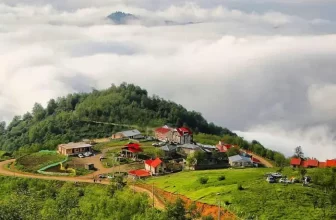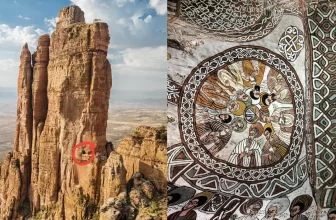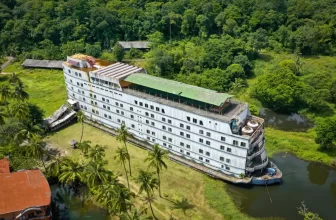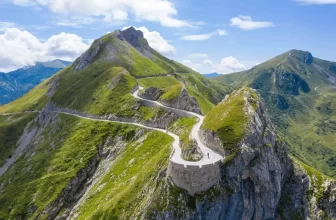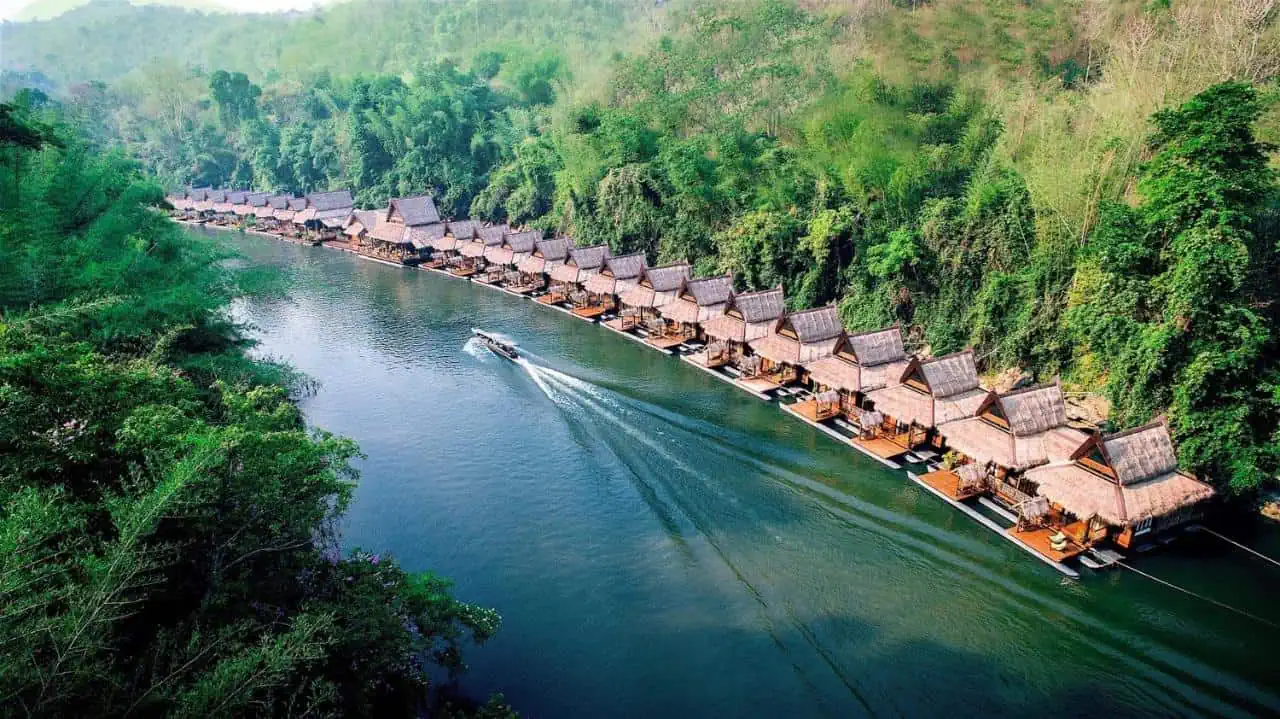
Overview of the River Kwai
The River Kwai, also known as Khwae Noi or Khwae Sai Yok, is a scenic river in western Thailand. Originating from the confluence of the Ranti, Songkalia, and Bikhli Rivers, it merges with the Khwae Yai River at Kanchanaburi to form the Mae Klong River. The river gained international fame from Pierre Boulle’s novel and the subsequent film, “The Bridge on the River Kwai.” Key attractions include Saiyok National Park and the iconic bridge itself.
How to Get There
Traveling from Bangkok to the River Kwai area is straightforward:
- Train: Trains run regularly from Bangkok’s Thonburi Station to Kanchanaburi, offering a scenic route.
- Bus: Buses leave frequently from the Southern Bus Terminal in Bangkok to Kanchanaburi.
- Car/Taxi: A drive from Bangkok to Kanchanaburi takes about 2.5 hours.
- Tours: Numerous tour operators offer day trips and multi-day excursions.
Best Time to Travel
The ideal time to visit the River Kwai is between November and February when the weather is cool and dry. This period is perfect for exploring outdoor attractions without the intense heat or heavy rains that can occur during other parts of the year.
History
The Bridge on the River Kwai
“The Bridge on the River Kwai” is a 1957 British-American film directed by David Lean, based on Pierre Boulle’s novel. The film portrays the construction of the Burma Railway during World War II, highlighting the struggles of prisoners of war forced by the Japanese to build it. The movie won seven Academy Awards and is considered one of the greatest films ever made.
Interestingly, the famous movie was filmed in Sri Lanka rather than Thailand. While there was indeed a wooden bridge over the Maeklong River, it did not match the grandeur depicted in the film. A more enduring structure was constructed using concrete and steel. Historical photos from the wartime era show several spans of this bridge that were damaged by Allied bombers during raids in 1944 and 1945. The wooden bridge visible in the background also sustained damage but was subsequently repaired by prisoners of war.
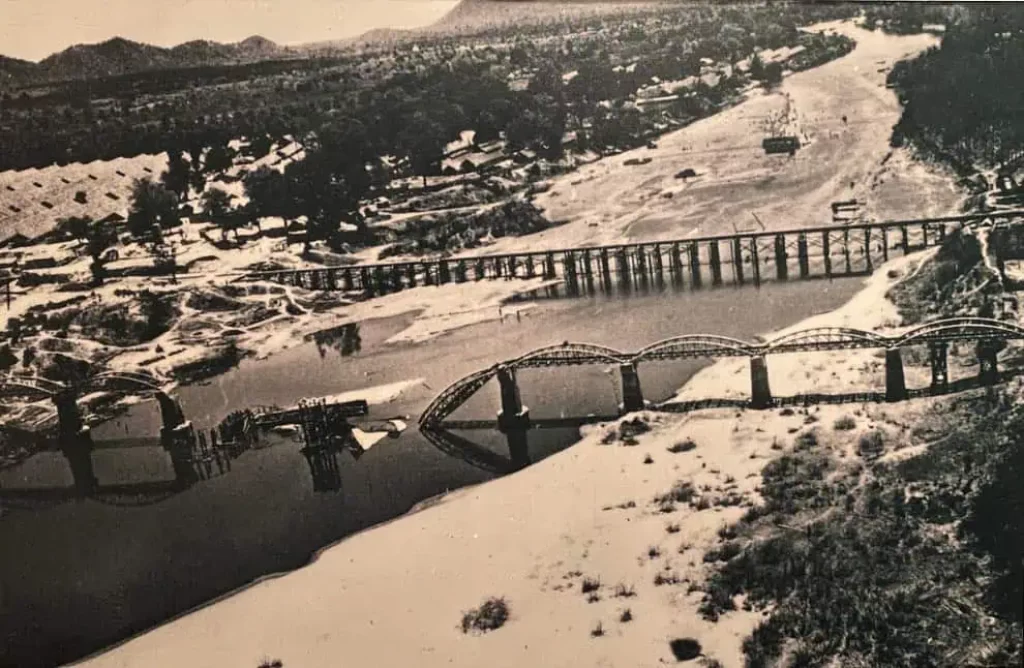
The Bridge on the River Kwai
Things to Do
Visit Saiyok National Park
Saiyok National Park spans approximately 300 square kilometers and features stunning caves and waterfalls like Sai Yok Yai. Wildlife enthusiasts will appreciate spotting animals such as squirrels, bats, deer, and birds, including the world’s smallest mammal, the Kittis Hog-nosed Bat. Activities include river rafting, camping, and mountain biking.
- Opening Hours: Daily, 7 am – 5 pm
- Admission: THB 300/adult, THB 200/child
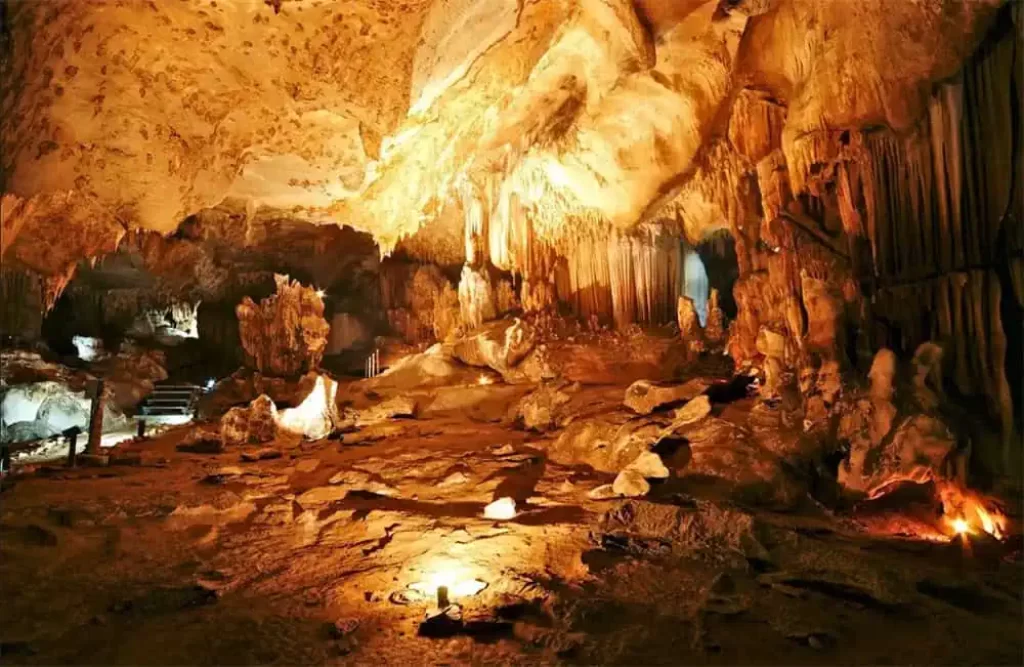
Beautiful cave in Saiyok National Park
Visit The Bridge over the Kwai River
This historic bridge is a poignant reminder of World War II. Australian, Dutch, and British prisoners of war constructed it under harrowing conditions. Although part of the original bridge was destroyed during the war, it was rebuilt and remains a significant historical site today. Train rides across the bridge offer a unique way to experience this landmark.
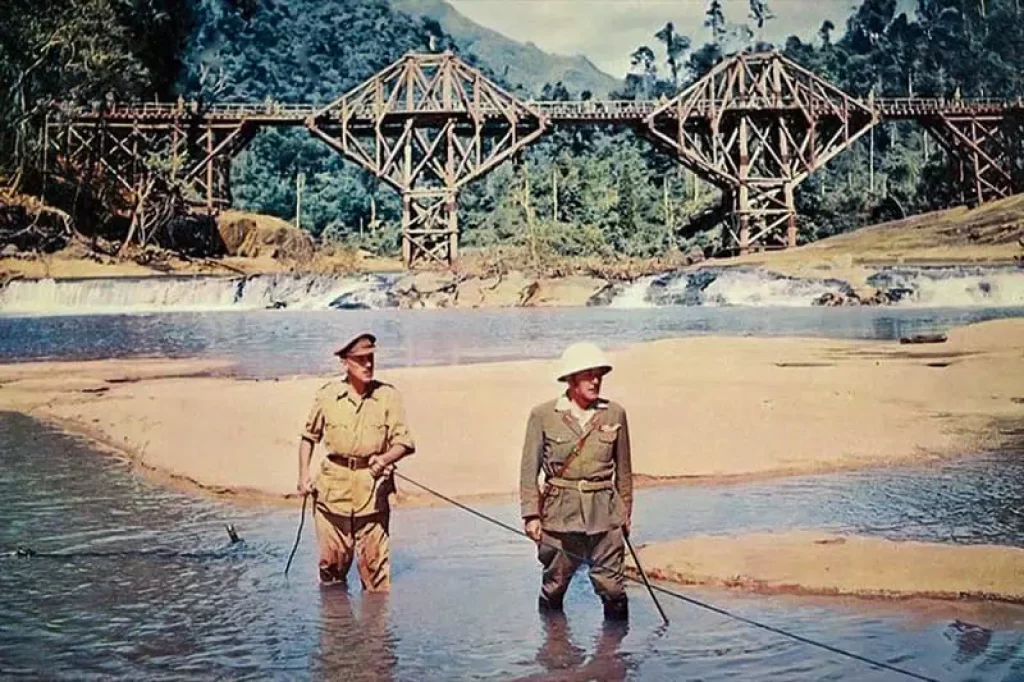
Bridge over the river on the film
Go on a Boat Ride on the River Kwai
Exploring the River Kwai by long-tail boat is an unforgettable experience. You can visit various historical sites such as Chungkai War Cemetery, the World War II Museum, and Khao Poon Underground Cave Temple. The best times for a boat ride are at sunrise or sunset.
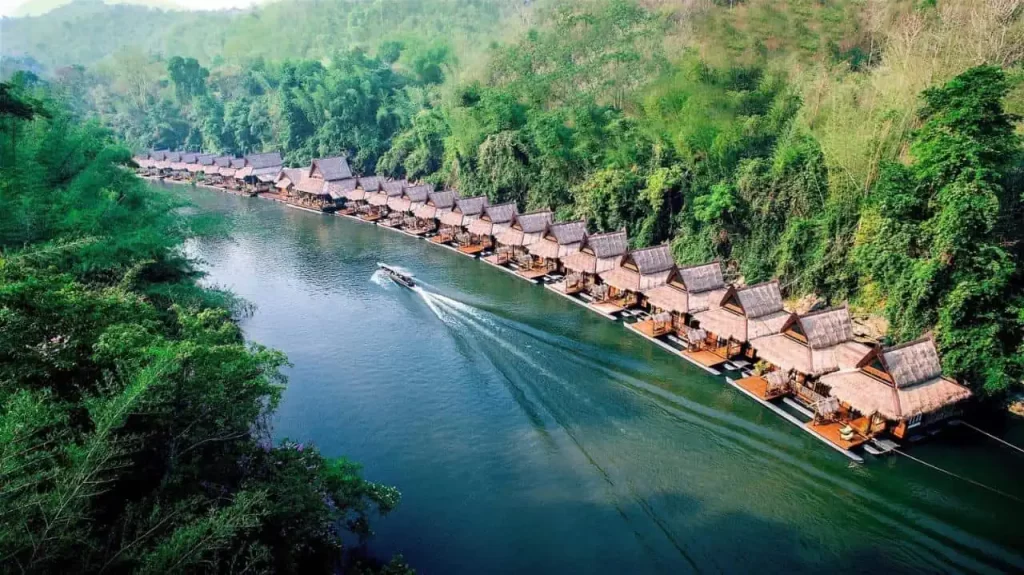
The Float House River Kwai
Enjoy a Cup of Coffee with a View
Several cafes and restaurants along the river offer breathtaking views. Enjoying a cup of coffee on a wooden terrace overlooking the river is a perfect way to soak in the tranquility. Some recommended spots include Ravi Riva Café de Forest, Bicycle Café, and Meena Café.
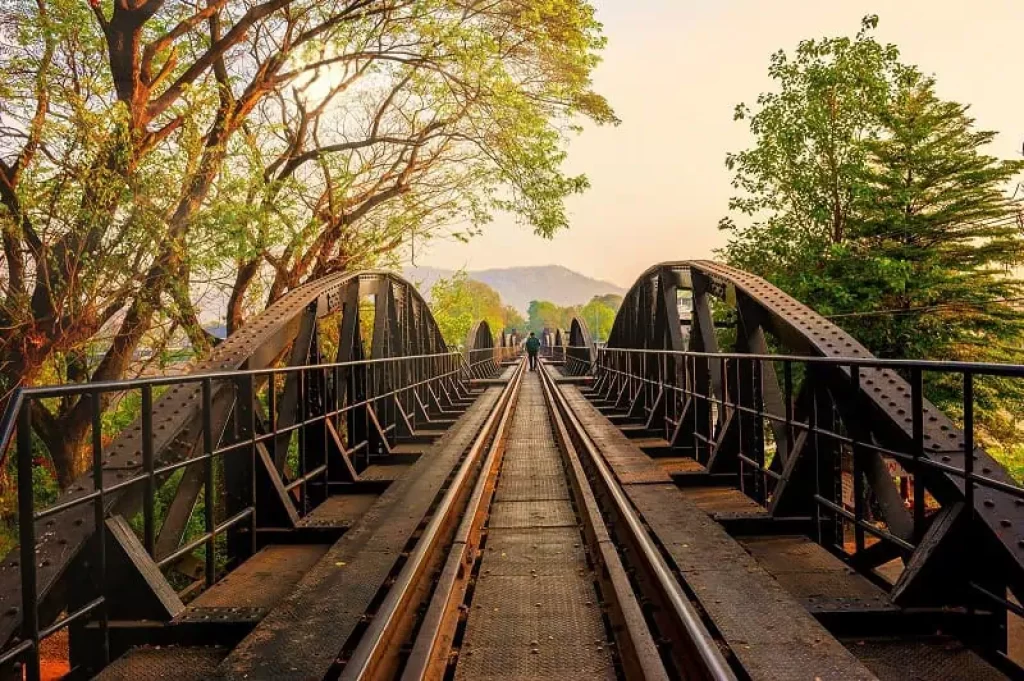
Misconceptions about the River Kwai
There are often misconceptions about the name and location of the bridge. Pierre Boulle mistakenly referred to it as crossing the Khwae Noi River when it actually crossed the Mae Klong River, later renamed Khwae Yai River for tourism purposes. Despite these errors, “The Bridge on the River Kwai” remains an iconic landmark attracting numerous visitors each year.
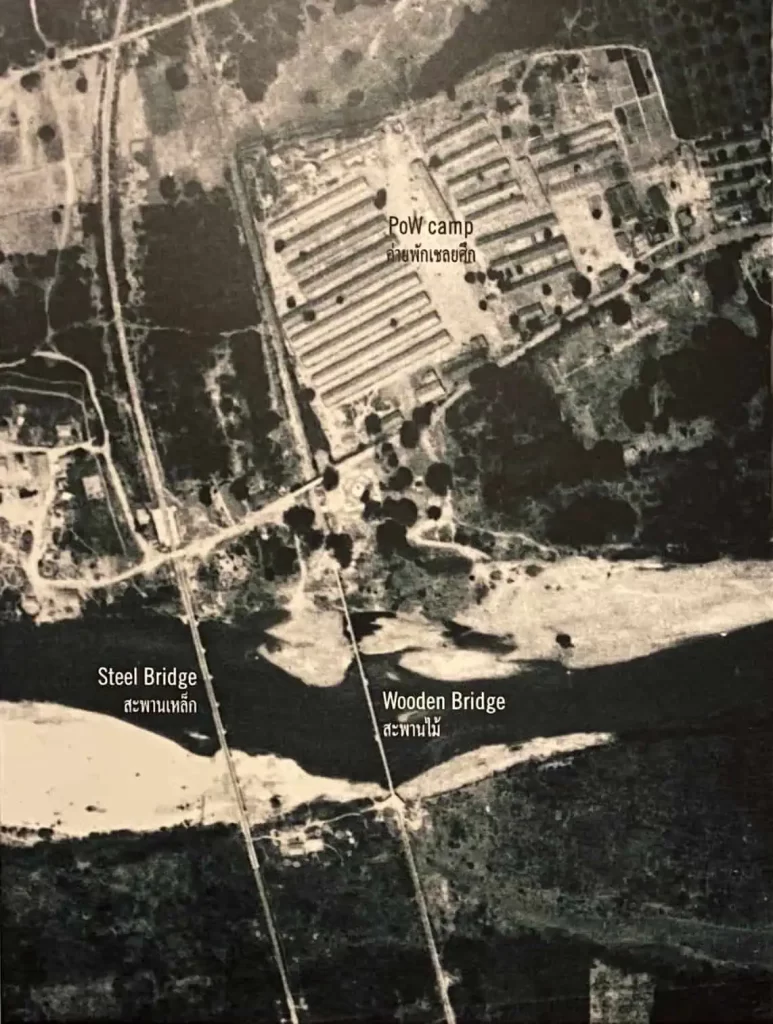
Map – The River Kwai Bridge
Discovering the River Kwai area offers a blend of natural beauty and profound history, making it a must-visit destination for any traveler.


